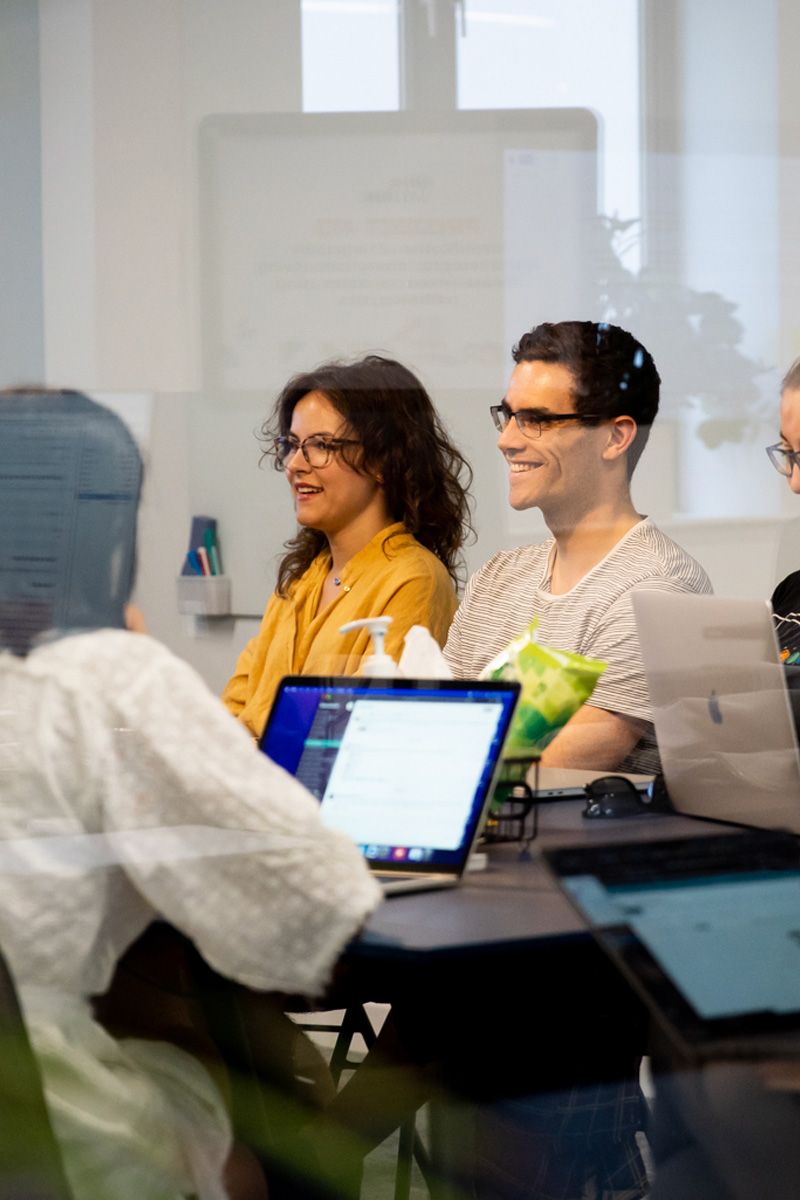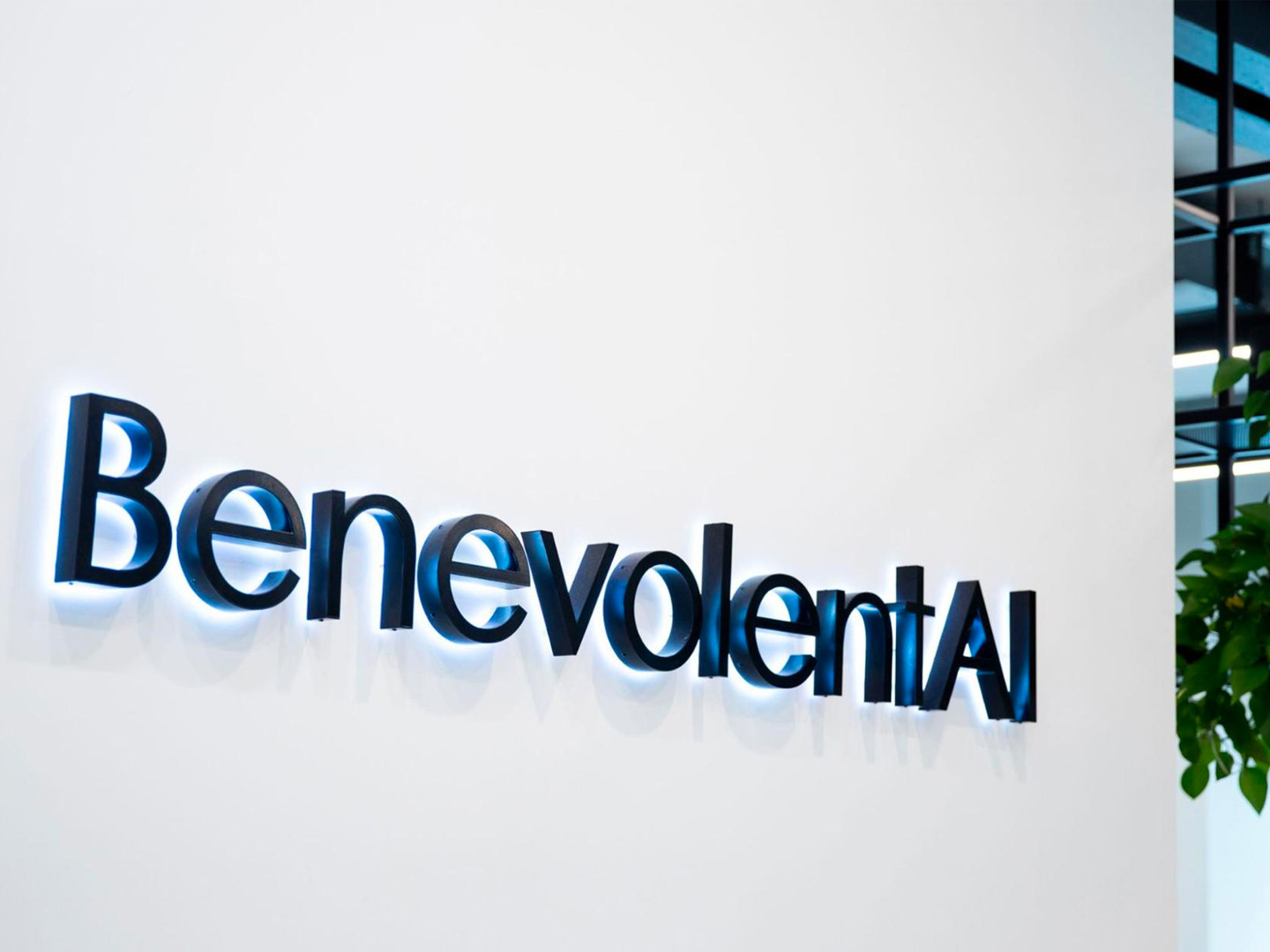- The collaboration will use AI to identify potential biological targets and therapies that could be repurposed for dengue to prevent disease progression
- Dengue is a climate-sensitive neglected disease and one of the top ten threats to global public health worldwide, with an estimated 390 million infections each year. There is no effective treatment available
- BenevolentAI has a track record in using its AI Platform to accelerate life-saving research, having identified a leading COVID-19 treatment in early 2020
London, 20 April, 2022, BenevolentAI, a leading clinical-stage artificial intelligence (AI) enabled drug discovery company, and Drugs for Neglected Disease initiative (DNDi), a not-for-profit research and development (R&D) organisation focusing on neglected diseases, today announced they have begun a joint AI research project to tackle dengue, one of the world’s most prevalent infectious diseases.
While BenevolentAI's R&D efforts focus on using the Benevolent Platform™ — its powerful AI drug discovery Platform — to discover and develop novel therapeutic candidates, during the COVID-19 pandemic, the company developed bespoke drug repurposing workflows that enabled its researchers to identify an existing treatment that could be repurposed to treat COVID-19. BenevolentAI’s research prompted global clinical trials, which resulted in the drug being approved for emergency use by the FDA.
Benevolent’s AI-enhanced approach will be deployed in a non-commercial collaboration with DNDi, to deliver a list of potential biological targets (proteins that can be targeted by a potential drug) and drug repurposing candidates that could be effective to prevent progression to severe dengue.
The project will combine the Benevolent Platform™ with DNDi’s expertise and global network of partners in dengue to empower researchers to uncover insights they would not have been able to find using human reasoning alone. Using a data foundation built from diverse and independent data sources, such as scientific literature, patents, genetics, chemistry, clinical trial data and more, scientists from BenevolentAI and DNDi will use AI tools to interrogate the underlying mechanisms involved in dengue, better frame hypotheses and rapidly identify targets or therapies that could be repurposed to prevent progression to severe dengue.
The most promising drug candidates identified in the joint research project will later be tested in clinical trials in collaboration with dengue-endemic country partners.
“There is no effective treatment for dengue and millions of patients across the globe urgently need safe, effective, affordable and accessible treatment options. Being able to apply cutting edge AI technology in this partnership with BenevolentAI to help neglected patients opens an exciting new opportunity to rapidly identify promising drug candidates and later test them in clinical trials,” said Dr. Charles Mowbray, Discovery Director at DNDi.
While BenevolentAI's internal R&D efforts focus on discovering and developing novel therapeutic candidates, outside of this core mission, BenevolentAI is committed to using its Platform and scientific expertise to find drugs that could be rapidly repurposed to tackle urgent unmet medical needs, such as dengue.
“With dengue spreading at a rapid pace, and climate change predicted to further intensify the impact and spread of the disease, it is all the more critical to accelerate research into new treatment options,” Anne Phelan, Chief Scientific Officer at BenevolentAI, commented. “The global scientific response to the COVID-19 pandemic, and BenevolentAI’s COVID-19 research in particular, provided a clear example of how AI can help us respond to pressing global health challenges. BenevolentAI’s vast integrated knowledge graph coupled with our AI tools enable us to build a comprehensive representation of disease biology and accelerate the discovery of new treatments. Our partnership with the DNDi builds on this approach, with a goal to address urgent patient needs and help relieve pressure on overburdened health systems.”
Dengue represents one of the top ten threats to global public health worldwide. Despite an estimated 390 million infections each year in over 100 countries, no specific treatment remains available. The World Health Organization (WHO) highlighted that insect-borne pathogens, such as dengue, could lead to the next pandemic.
About BenevolentAI
BenevolentAI is a leading, clinical-stage AI drug discovery company. Through the combined capabilities of its AI Platform, scientific expertise and wet-lab facilities, BenevolentAI is well-positioned to deliver novel drug candidates with a higher probability of clinical success than those developed using traditional methods. BenevolentAI has a consistently proven track record of scientifically validated discoveries. The BenevolentAI Platform™ powers a growing in-house pipeline of over 20 drug programmes, spanning from target discovery to clinical studies, and it maintains successful commercial collaborations with leading pharmaceutical companies. BenevolentAI also identified Eli Lilly's baricitinib as a repurposing drug candidate for COVID-19, which has been authorised for emergency use by the FDA. BenevolentAI is headquartered in London, with a research facility in Cambridge (UK) and a further office in New York. For more information, visit their website.
About DNDi
A not-for-profit research and development organisation, DNDi works to deliver new treatments for neglected patients, those living with Chagas disease, sleeping sickness (human African trypanosomiasis), leishmaniasis, filarial infections, mycetoma, paediatric HIV, and hepatitis C. DNDi is also coordinating a clinical trial to find treatments for mild-to-moderate COVID-19 cases in Africa. Since its inception in 2003, DNDi has delivered nine new treatments to date, including new drug combinations for kala-azar, two fixed-dose antimalarials, and DNDi’s first successfully developed new chemical entity, fexinidazole, approved in 2018 for the treatment of both stages of sleeping sickness. For more information, visit their website.
Media Contacts
Rajin Kang - VP Communications
rajin.kang@benevolent.ai 07771 081207
Back to press releases and in the media



